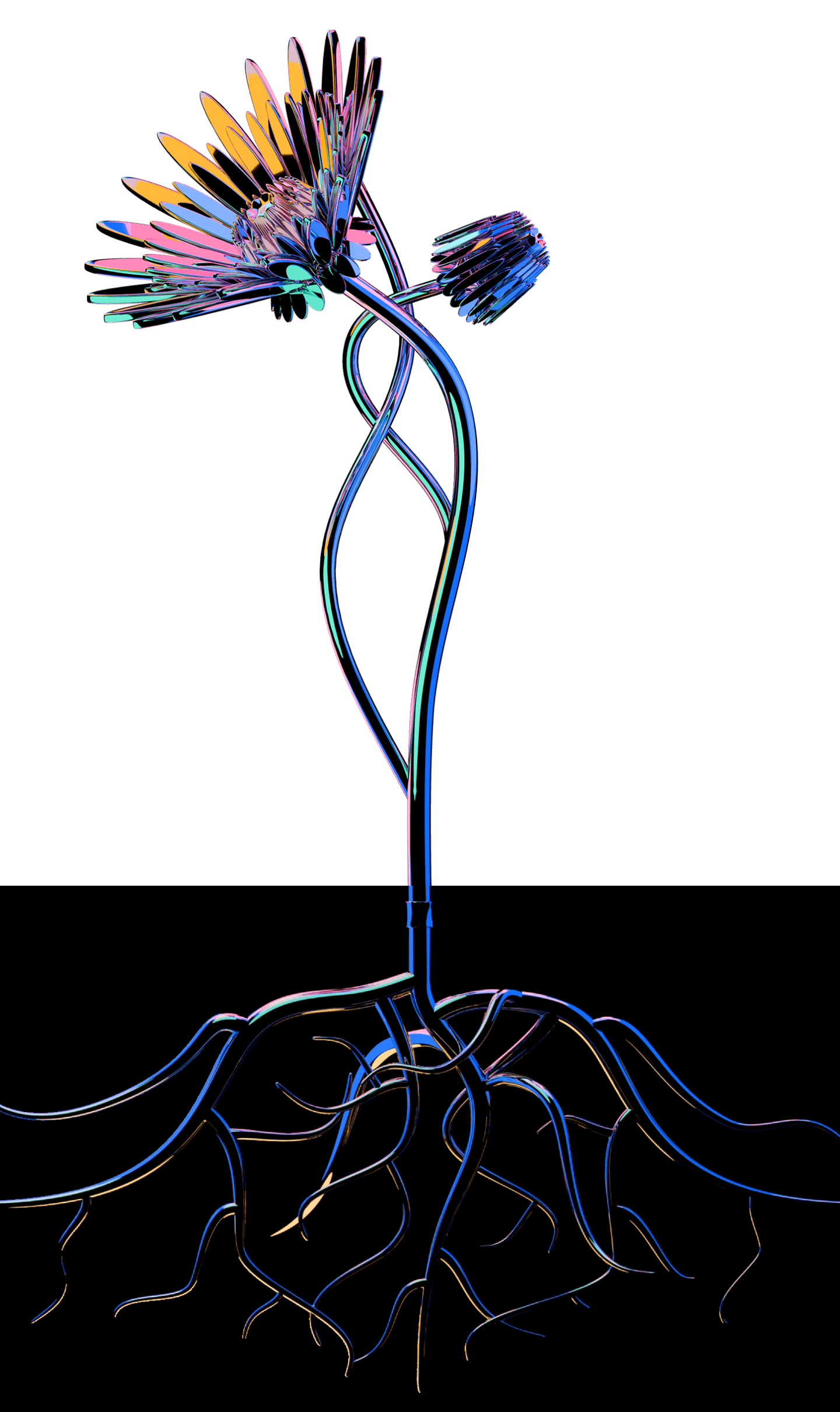Decentralised
RPCs That
Just Work

Decentralised & Public RPC Endpoints Available Now

Web3’s dirty little secret

Supporting decentralised RPC providers
Support RPCs
CompletedEnhance RPCs
CompletedDemocratise RPCs
In Progress
The SubQuery Data Node
Sharding the Data Node
Block Explorers
dApps
Mobile Apps
Analytics
↕

SubQuery
Network
↕



